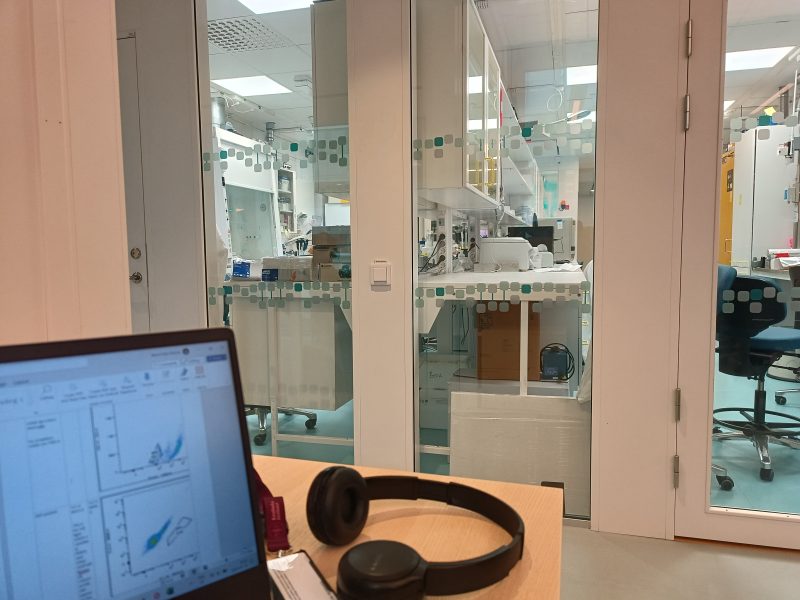
A day in my life (master’s thesis version)
Do you want to know what a typical day looks like for someone in the final year of their programme working on their thesis? Look no further. I started my thesis work this month and my routine has naturally seen a massive change as compared to what it was when I was attending classes. Is this routine particularly scintillating? No. However, if you are interested in KI’s Master’s in Biomedicine programme and want a glimpse into what life would look like once you’re admitted, keep reading!
Wake up, get ready, commute
Since I function at a glacial pace in the mornings, I make sure I wake up early enough to compensate for my speed (or lack thereof). If you are anything like me and like to take your own sweet time eating breakfast and sipping coffee, do yourself a favour and get ready BEFORE you take care of breakfast. This will sound very obvious, but I used to go about it the other way and struggled my way out the door because I was running late.
The lab I’m conducting my thesis at is located in Flemingsberg, which means that every time I step outside the door, I send a mental prayer to the god of public transport to not make the pendeltåg (commuter train) throw a hissy fit. I quite like Stockholm’s public transport system, but when you have to rely on commuter trains every day, you get quite used to problems, delays, and cancellations especially during bad weather. While there are alternatives available (for me, that’s usually taking KI’s pendelbuss- the commuter bus for employees and students at KI that goes from campus Solna to campus Flemingsberg and vice-versa), sometimes, the best you can do is pray.
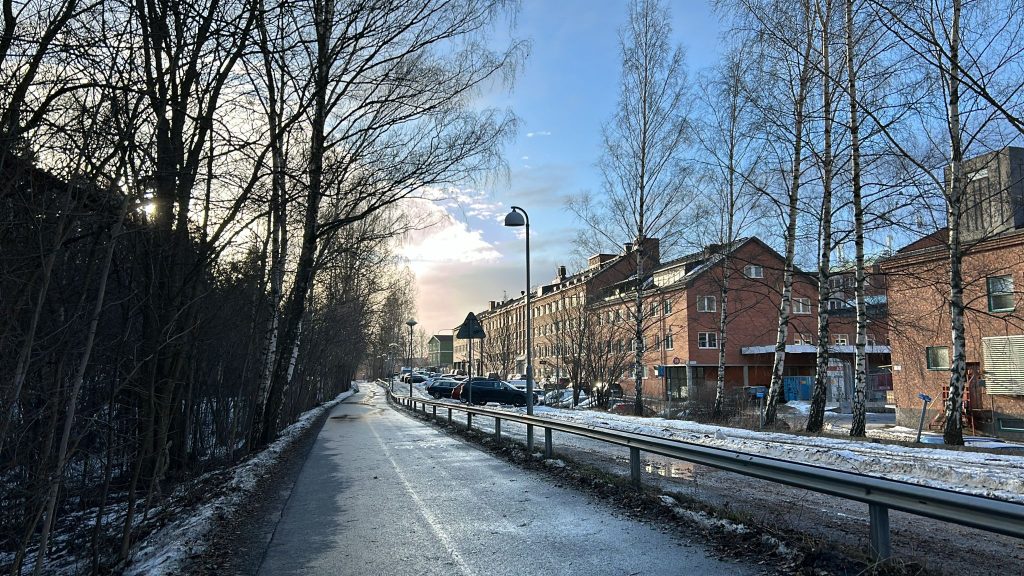
Getting to work
I usually plan out my week in advance, so that I can approach the new week better prepared. A normal day at the lab for me can involve setting up experiments, looking after my cells, attending meetings with my supervisors to talk about my results and their interpretation and how we can use that information to progress further, and most importantly- staying up to date with data.
When you work on a project, no matter how short or long, it is important to find and refer to any data you may have acquired during the course of the project. I generally have a lab folder on my laptop with sub-folders containing data and information about any experiments and/or analyses I have conducted. I name the folders and files as descriptively as possible, along with dates and I put the most important information (like graphs or images) in a PowerPoint. Furthermore, write down everything. What worked, what didn’t work and WHY, troubleshooting, further steps and what is the scientific logic behind planning the experiment- all of this helps you have a clear idea of what you’re doing and why you’re doing it, rather than just being told to follow instructions by your supervisor(s).
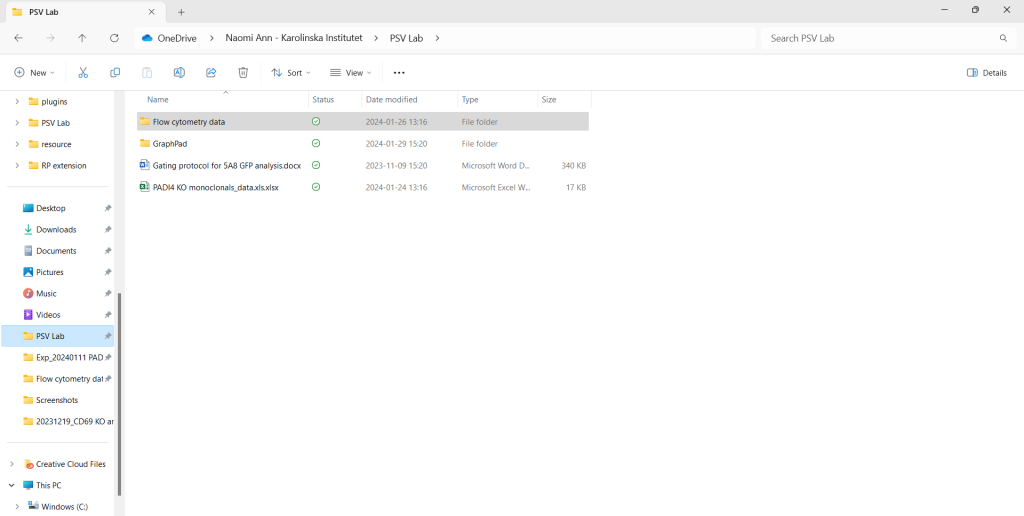
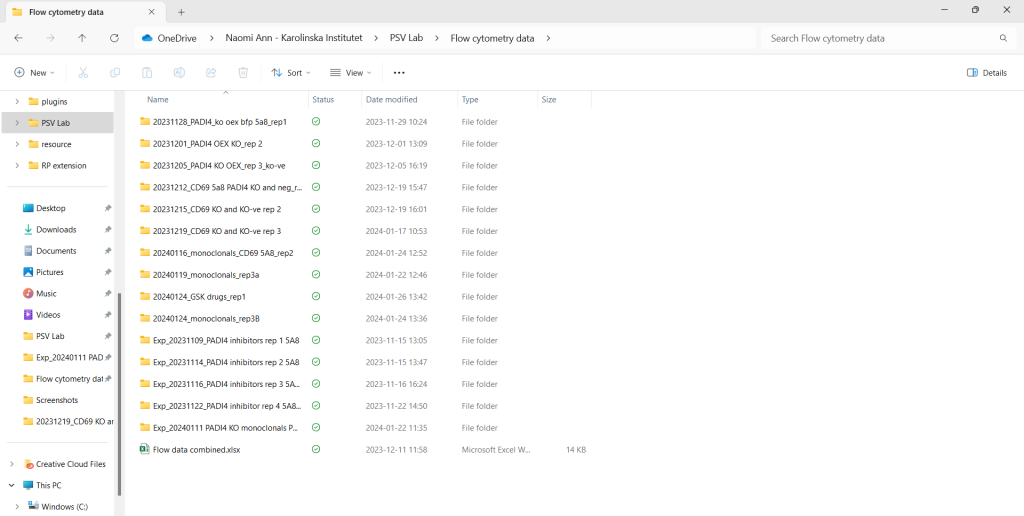
Lastly, engage in discussions. When you analyse your data, take some time to come up with an interpretation. What does the graph show you? Does the data align with your hypothesis? Why or why not (speculate), and how can you go further with the information you have? Discuss this with your supervisors either during a group meeting or even casually and run your thoughts by them. Doing this helps you keep in touch with your experiments and helps you receive helpful input from people who may have more experience and knowledge in the field. Win-win!
Commute and unwind
On my way back home, I usually buy groceries that I need urgently but don’t have. There are quite a few groceries stores around the Flemingsberg campus, but I avoid going on a full grocery run simply because I’m too tired and cannot be bothered.
Once I get back home, I freshen up and prepare for the next day- this can be laying out clothes, preparing lunch, packing something I will need in my bag, etc. After all of this, I have dinner or have a weekly catch-up with my friends who live in the same building/corridor and unwind. I try not to bring work home to maintain a decent work-life balance and avoid burnout- not that I need to try very hard, this is Sweden, of all places. I also make sure to call my parents every day to talk about our days and see each other (and get scolded by my mother because she’s worried I don’t eat well enough).
And lastly, I try to sleep early enough so that I don’t wake up cursing humanity. Most of the time, I succeed.
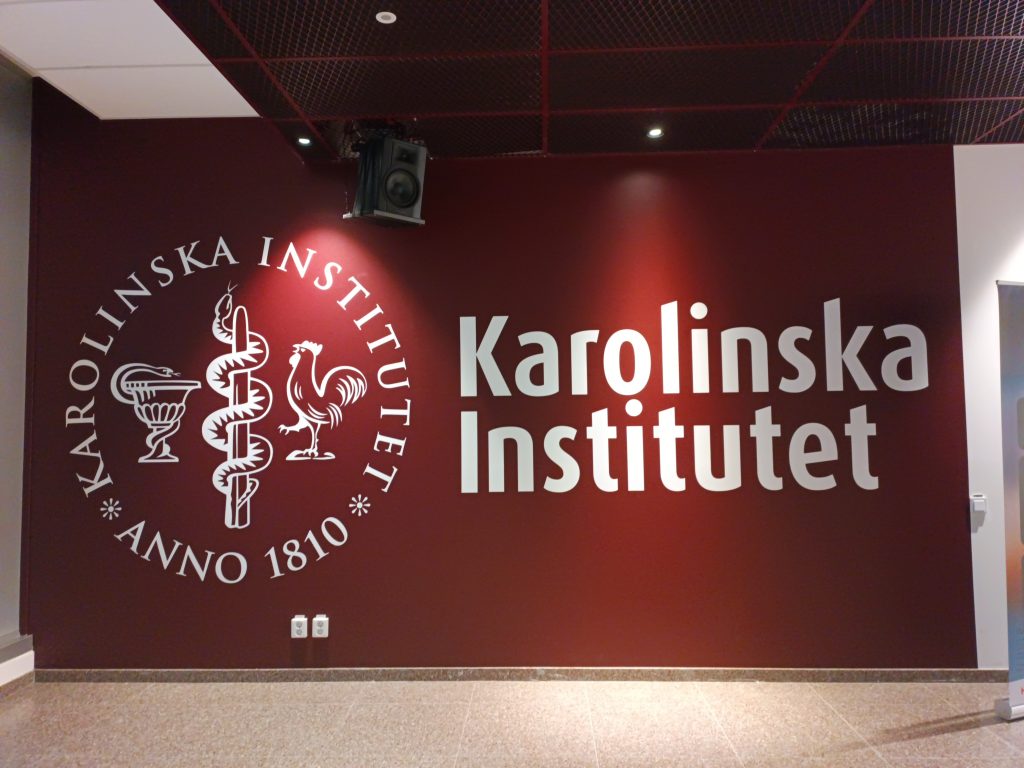
Like I said, this is not a particularly riveting day in my life, but it is realistic so that you know how it is to conduct research full time for your thesis as a master’s student! If you’re interested to know more about theses and project work at KI, be sure to read Emily’s blog on how you can find a thesis project, or scroll through blogs that talk about various aspects of theses! Plus, if you’re more of a visual person, check out Joseba’s video on YouTube as he takes you through a day in his life as a KI student!
I hope you found this blog helpful! If you have any questions, you know where to find me.

Naomi- Biomedicine (MSc)
My name is Naomi, and I am from India. I am a master’s student in Biomedicine. I have always been drawn towards research and knew early on that a career built around it was the one for me. So as a result, here I am! I enjoy spending time with my friends and exploring the city with them (though the introvert in me also loves some alone time). I hope I can be of some help with my blogs!

0 comments